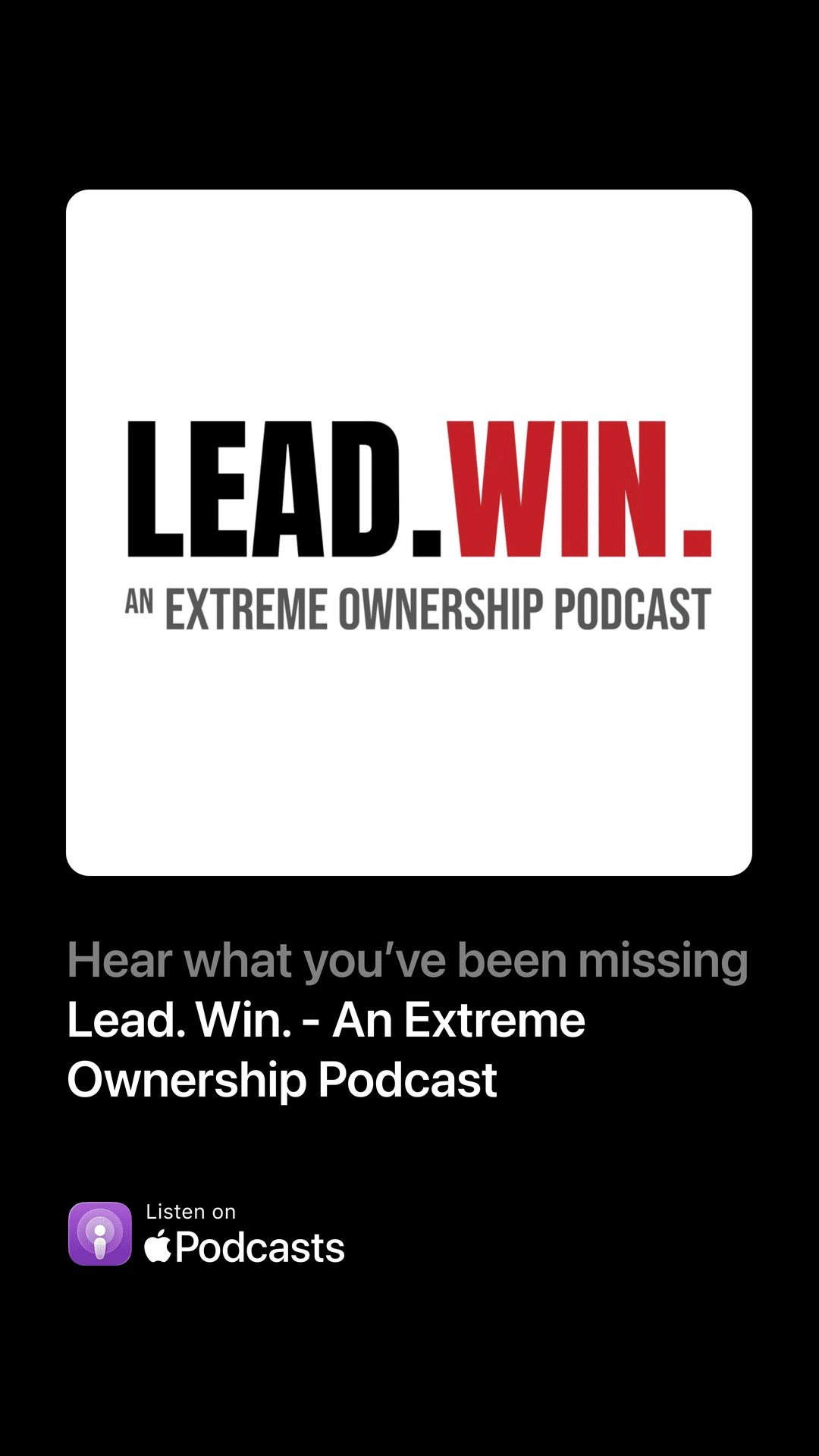In the first few months of my recovery from double-above-knee amputations, as one might expect, I was entirely reliant upon a wheelchair for my mobility. Despite the fact that it allowed me to go where I wanted to go and do what I wanted to do, I didn’t like being in a wheelchair. Firstly, it wasn’t convenient for anyone. It didn’t fit anywhere in a car besides the trunk, and it was heavy. Second, even though it was a helpful tool, it was still somewhat limited. It couldn’t handle stairs or essentially any terrain that wasn’t relatively flat, firm, and smooth.
The primary reason, however, that I didn’t like the wheelchair was that it hurt my ego. Before my injury, I saw myself as a strong, capable, and independent young man. I valued that identity, and I wanted to stay that way. However, the loss of my legs, at least for a time, rendered me none of them. Despite that undeniable reality, I did not want to have to accept it. And, every time I got into the wheelchair and had to receive help like my friends needing to carry me down a flight of stairs to get to a restaurant, or my girlfriend having to put my wheelchair in the trunk of her car, it was a reminder of that loss of identity.
Human beings naturally seek an identity for themselves. And, once they settle on one, it is extremely painful to be forced to recognize that it may not be accurate. Instead of admitting the truth about what we are, if it does not match what we want to be, we would rather live in denial and restrict ourselves from doing anything that reminds us of that reality,
For me, in that wheelchair and the initial stages of my recovery, and for most people, accepting help with things that we want to be able to do ourselves is the very reminder that we try so hard to avoid. We will tell ourselves all sorts of excuses: I don’t care about that thing anyway, or I don’t want to hold back the team. Anything to avoid telling ourselves the truth: I need help.
Accept Help By Thinking Strategically
Strategic thinking is thinking that is focused on your long-term objective. When you think strategically, you see the actions that need to be taken to achieve that long-term goal. It is within this framework that we can cut through our excuses and accept the help that we need.
My mission, prior to my injury, in the immediate aftermath, and to this day, is to live a meaningful and enjoyable life. I was well on my way down that path as a Marine fighting evil in Iraq and Afghanistan. When I stepped on the IED, however, that version of the path was no longer available.
It didn’t take long after I regained my senses that I saw that the ultimate mission was still the same. Thus, even though I hated having to receive help for such basic things, I knew that avoiding going out with my friends and family and staying cooped up in my hospital room was not going to accomplish either of my life’s objectives. The fact was that I wanted and needed to spend time with them outside of the hospital. And, to do that, I had to get help with some things.
If I had allowed my thinking to focus on whether or not I wanted to accept help with things I wanted to be able to do myself, I would never have left my room. I would have withered away in the hospital, lonely and isolated. But since I was able to keep my focus on the long-term, strategic mission, I was able to overcome my ego and allow the people who cared about me to give me a helping hand.
Letting Others Help You Is Cover and Move
A lot of what we teach at Echelon Front is counterintuitive. For example, our natural tendency is to think about ourselves and put ourselves first rather than the team before ourselves. But that is what Cover and Move, aka teamwork, is all about: putting the team first.
Possibly even more counterintuitive than that, allowing others to help you is actually a form of Cover and Move as well. Teamwork isn’t one-way. It is about mutual support. Every member of the team supports every other member of the team. We usually prefer not to be the ones who need support, but it is an almost inevitable reality that we will need help at some point.
In the same way that we have to support others so that they can execute and thus the entire team can be successful, we have to allow others to help us so that we can execute toward the same end state.
Relationships Are Crucial
Relationships are vital in accomplishing true teamwork. The better a relationship you have with another person, the better you will know how to identify the support they need and provide the right form of help.
In the same way, a better relationship will help you accept help from others. The closer you are to a person, the more willing you will be to expose your weaknesses to them and allow them to support you. For example, I would be more hesitant to ask a stranger to help me get something down from high up on a shelf when I was wearing my short legs, but I ask my wife to do that almost daily.
Another thing to remember is that the people close to you truly want to help you. There is almost nothing more satisfying to me than helping a friend or family member do something they can’t do on their own.
I learned this lesson early on in my recovery. Quite often, when I was out to a meal with friends, a perfect stranger would offer to pay for my meal. As one might expect, I was initially reluctant to allow it until I finally didn’t have the heart to refuse one day, and I acquiesced. The look on the man’s face that offered told me everything I needed to know. I could see in his eyes that, by performing this small act of kindness, he felt an overwhelming sense of happiness that he could do something to thank a person for whom he had gratitude. I saw that, counterintuitively, by allowing him to help me, I had, in the end, helped him.
By accepting help, you can help the people you care about.
Accept Help, But Have A Plan to Improve
The final part of what allowed me to accept the help I needed was that I had a path toward no longer needing it. I could accept that my circumstances necessitated help. I would have to be crazy to think otherwise. However, I was never satisfied to remain in that state. Luckily, at Walter Reed Army Medical Center, there was a state-of-the-art, world-class physical therapy clinic where I spent upwards of five hours every weekday.
It was this knowledge that I was actively working towards regaining the identity I had lost that helped me accept help when I needed it. So, don’t allow yourself to remain in that state for long. Develop a plan to guide you toward becoming the person you want to be, and start acting on it. If you are doing so, then when someone offers you help, you will find that the ego hit will be reduced.
Everybody Needs a Spot Sometimes
Virtually no human being has ever accomplished anything of note without help from another person. We all rely on others in some way to make our lives what we want them to be. And, just like a weightlifter in the gym, sometimes we need to get a spot when we are in a position where the weight is too much for us. Luckily, we have plenty of people around us that are willing to do that. We just have to allow them. Accept the help.




